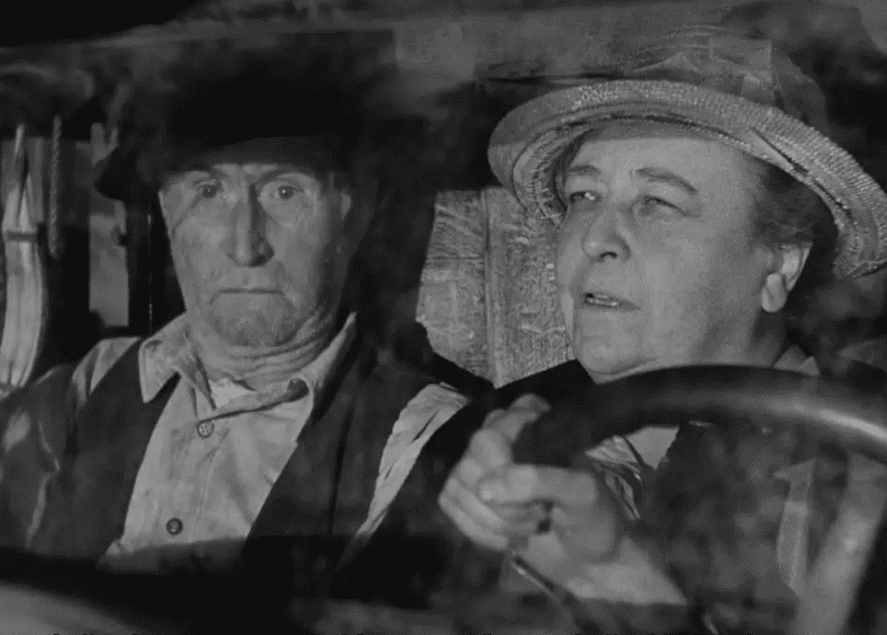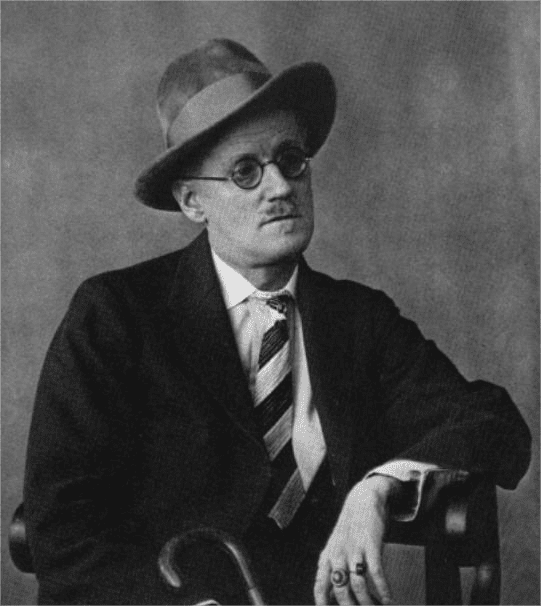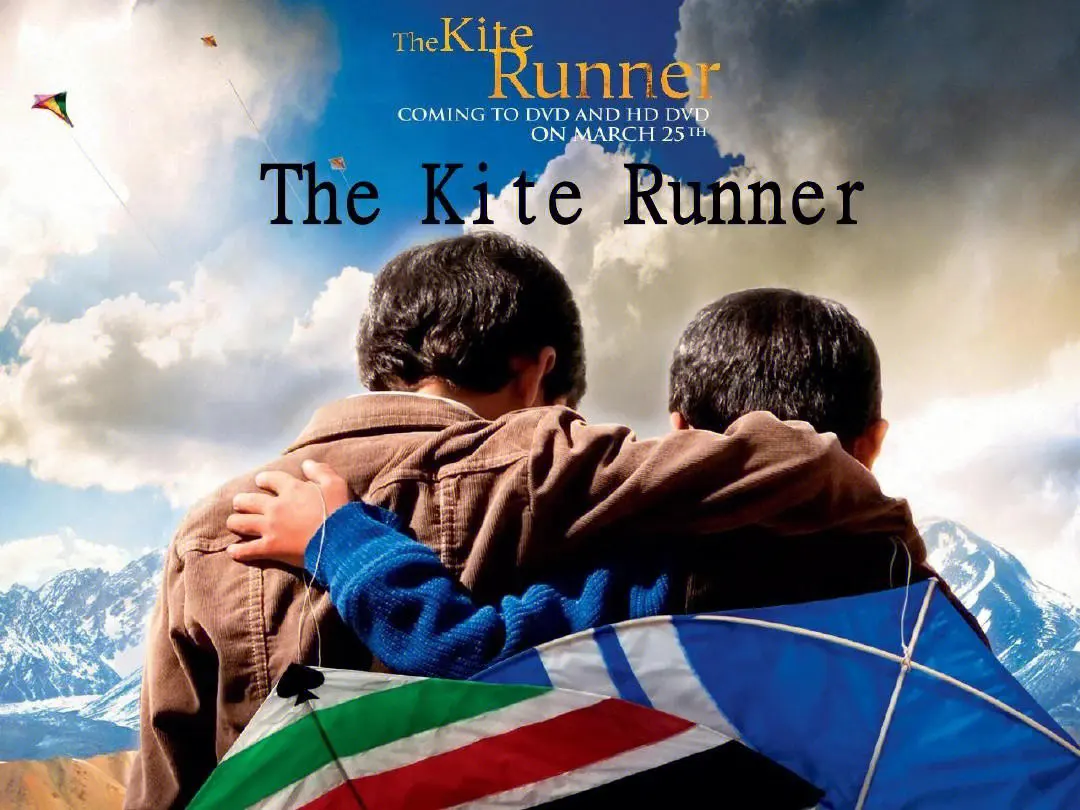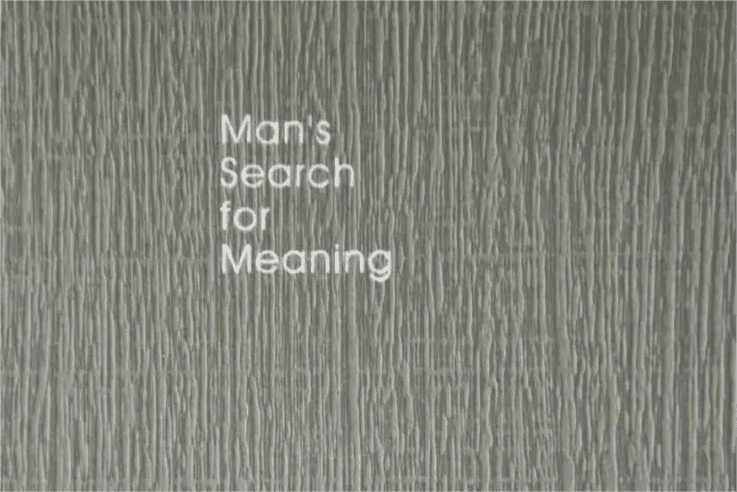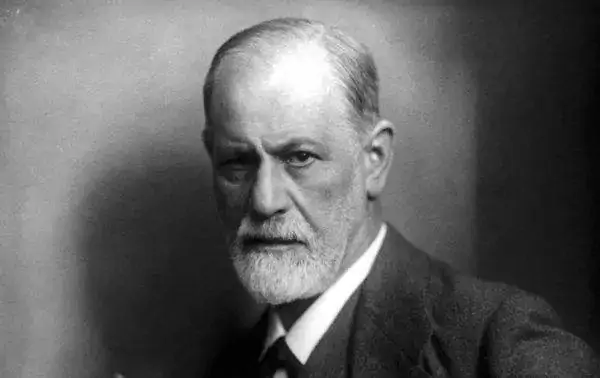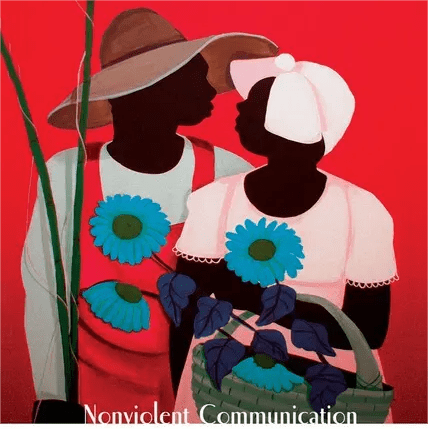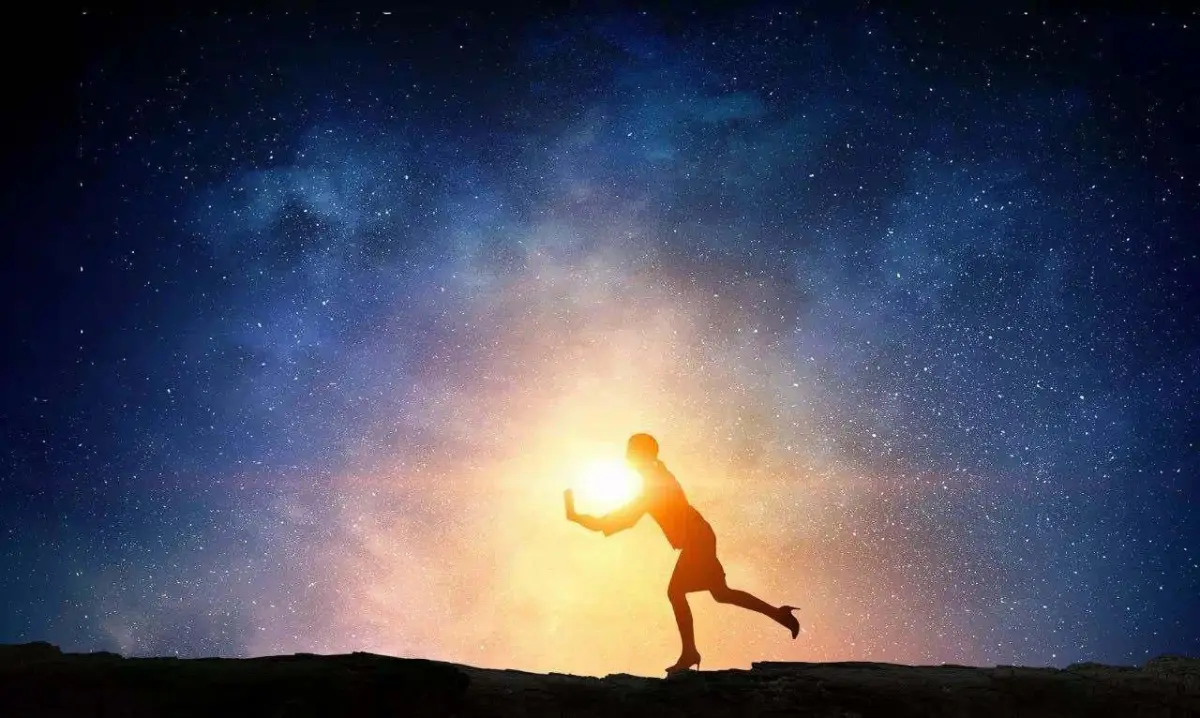In June, the sun shines even hotter. The road, worn by wheels and trampled by horses’ hoofs, turned dry mud into dust. Walkers raised a thin layer of dust to waist height, carts lifted it to the top of the fence, and cars rolled a cloud of dust behind them. This dust will take a long time to settle.
People came out of their homes, smelled the hot, pungent air, and quickly covered their noses. Men stood by the fence, watching the damaged corn rapidly drying up. They were silent and did not move much. The women came out of their houses and stood by their men — to see if they were completely discouraged this time. It does not matter if the corn crop fails, so long as they are not discouraged. The children also came out of the house, drawing pictures in the sand with bare toes, keeping an eye on the adults. The horse went to the trough and snuffed the sand out of the water to drink.
After a while, the bewildered faces of the staring men became brave, angry, and determined to deal with difficulties. So the women knew they were safe and the men would not be discouraged. “What shall we do?” they asked. “I don’t know,” the men replied. But the women and children knew deep down that the problem was solved, and that as long as the men of the family stood up, they could endure no more disasters. The women went inside to do their work, and the children began to play, but cautiously at first.
The higher the sun rose that day, the more its red color faded. Men sat at their doors, with twigs or stones in their hands, and wrote — thought — counted on the ground.
A large red van stopped in front of a small liquor store on the road. The upright exhaust pipe puffed and puffed, and a barely visible plume of smoke rose from the back of the car. It was a shiny red new car with “Oklahoma City Transit” painted on both sides.
In the wine shop with the iron door, the radio played soft dance music, turned down as if no one was listening. A small fan on top of the gate spun silently, and flies flew impatiently outside, beating against the iron door.
There was only one man, the lorry driver, sitting on a stool, leaning his elbow on the counter, drinking his coffee and looking at the thin, lonely waitress. Talk to her about decent, boring gossip. “I saw him three months ago. He had an operation. I cut off a little bit of something. I can’t remember what it was.” Then she said, “It seems less than a week since I last saw him. He seemed fine then. He’s a nice fellow when he doesn’t get drunk.”
Outside, a man walked across the road to the car. He shuffled over to the car and glanced at the “No rides” note on the windshield. He wanted to go on down the road, but hesitated, and finally sat down on the footboard on the other side of the wine-shop.
He is not yet thirty. His eyes were dark brown, his cheekbones were high and broad, and deep lines ran down his cheeks and curved around his mouth, and his mouth was closed. His hands were sturdy, with thick fingers and thick, arched nails like clamshells. The jaws and hands of the tiger are covered with shiny calluses.
The music in the bar stopped, and outside the man who was sitting stood up and looked over the front of the wagon, looking carefully at the inn for a moment. Then he sat down on the pedal again and took from his pocket a bag of tobacco and a stack of cigarette papers. Slowly and skillfully, he rolled the cigarette, lit it, and drove the burning match into the dust beneath his feet. It was nearly noon.
The truck driver paid the bill and put the two recovered nickels into the slot machine. He turned the barrel a few times and fell empty. “They played a trick, and you won’t win anyway.” “He said to the waitress.
She replied, “A guy won the first prize less than two hours ago. He’s got $3.80 — when are you going to come back?”
He pushed the iron door open a little. “A week to ten days,” he said.
“Don’t let the flies in,” she said angrily. Either you go out or you come in.”
“Goodbye.” As he spoke, he opened the door and went out. The iron door slammed behind him. He stood in the sun, peeling the wrapper off a piece of gum. He was a stout man with broad shoulders and a fat stomach. His face was very red, and his blue eyes, narrowed so often in the strong sun, had become long slits.
He put the gum to his mouth and called through the iron door, “You don’t have anything to hide from me.” The waitress had turned to a mirror on the back wall. She grunted in reply. The van driver walked to the big red van, chewing gum and rolling it under his tongue.
The man who wanted to ride in the van stood up. ‘Can you give me a lift, Sir?
The driver answered quickly. “Didn’t you see the ‘No rides’ sign on the windshield?”
“Of course I did. But a good man is always a good man, and he helped even though the rich bastard made him put a note on the car.”
The driver plodded into his truck, pondering the answer. He knew he was being set up. “Come up.” ‘he said.
Perhaps, support us to live strong, just a humble hope.
During the Great Depression, many fields in Oklahoma were dry and their crops failed. Farmers were forced to mortgage their land in order to survive. Eventually, the land they lived on was taken over by banks and big companies, so they had to leave their homes. The Joad family, down and out, was one of them. In a battered car bought from the sale of their property, the family heads to California in search of the Promised Land.
Along the way, their elderly grandparents die one after another, and their older brother Noah quietly leaves. The front continues to receive bad news, but nothing can stop them from moving on.
But when they arrived in California, they were greeted by unemployment, oppression and poverty. However, those touching experiences and the hope for a better future still make the family hopeful…


